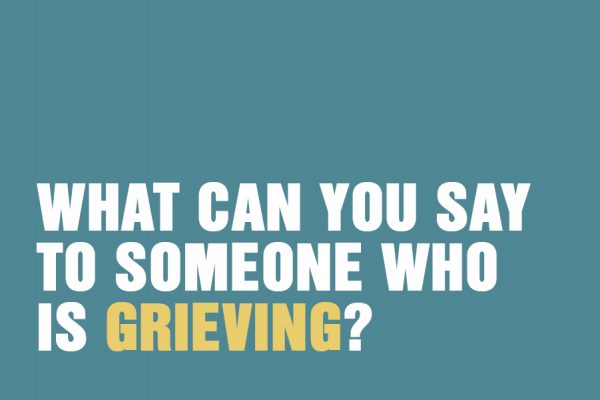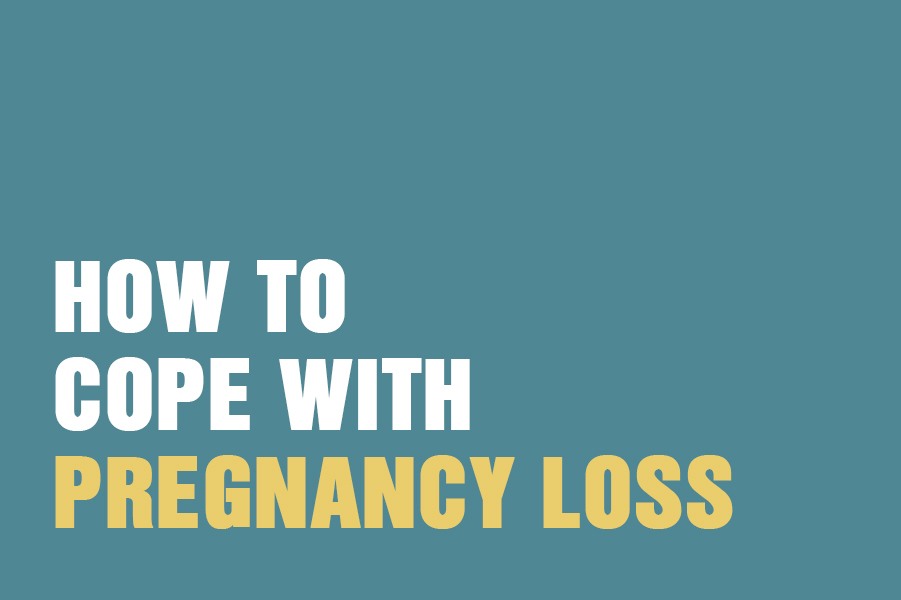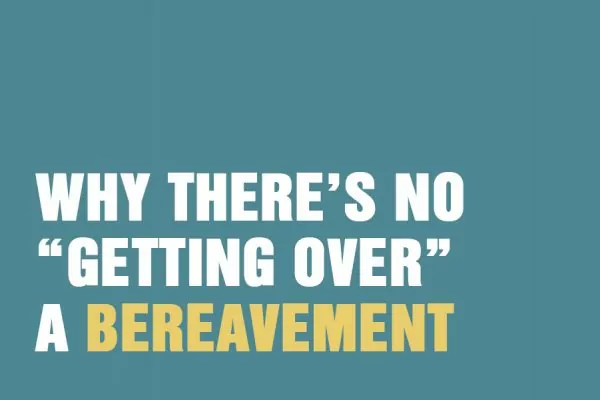“No one ever told me that grief felt so like fear.” C.S. Lewis
The fear of losing a loved one can be immense. If there is someone in your life who has become ill and has a terminal diagnosis, the feelings that stir up in you can seem overwhelming and intolerable. The coronavirus pandemic has meant that more and more people have been experiencing fearful and painful emotions around the loss they’re about to endure, as thousands of families have had to come to terms with the prospect of someone dear to them dying.
You may think that grief is only what happens once someone dies. This is known as conventional grief. Yet the feelings of loss in the days, weeks and months leading up to someone’s death are often called anticipatory grief.
Some of the symptoms of anticipatory grief can include:
- Feelings of terror at what life will look and feel like when the person dies.
- Anger (sometimes extreme and uncontrollable) at the unfairness of it all.
- A lack of control, which can lead to feelings of anxiety and hopelessness.
- Bargaining: making up ‘if only’ scenarios in your head. If only there was more you could do to keep your loved one alive…
- Intense sadness and tearfulness – as though you’re already mourning when the person is still alive.
- A sense of dread that hangs around constantly.
- Being stuck in a no-man’s-land between hope and despair.
- Feeling triggered by tiny everyday things that suddenly feel too difficult to cope with.
- Exhaustion – emotional, psychological and physical.
- Withdrawing from others, either as a way to prevent them seeing how difficult you’re finding it – or because you don’t have the emotional energy to offer them support with their own feelings.
- Losing touch with your loved ones who are well and thriving, because all your energy is going towards the person dying.
- Secretly hoping this could all be over.
- Guilt and shame about wishing it could all be over.
How to cope with anticipatory grief
Accept that your feelings (whether all or some of the above) are normal. You’re not a bad person for having those feelings and you don’t need to feel ashamed.
Know that some days will be more difficult than others to cope with. Grief can come in waves. The tide will come in and it will go out again.
Give yourself some time out from grieving. Thinking about and looking after your loved one doesn’t have to be a 24/7 commitment. Distract yourself with activities or something you absolutely love to do for yourself.
Ramp up self-care. Don’t let your everyday routines slide. Make sure you’re sleeping, eating and resting as much as you can.
Express your emotions. This may be through a journal or speaking to a close friend or family members. You may prefer to speak to a professional about your grief, as sometimes people you’re close to don’t always want to keep hearing about what you’re going through.
Stay connected with the world. While it’s tempting to close off, everyday interactions can help you feeling ‘normal’, even though what you’re going through feels as though it’s robbing you of ‘normal’.
Create some kind of closure with your loved one who is dying. Say all the things you want and need to say to them. This is the time to let go of past hurts and to forgive, if at all possible. Gift yourself with the chance to say goodbye, while you still can.
If you’re struggling with anticipatory grief or bereavement and you’d like the space to talk through and understand your feelings, do get in touch with us. We’ll match you with a therapist who can help you. Email [email protected] or call 020 8673 4545. We offer therapy sessions seven days a week from our centres in Clapham and Tooting.







